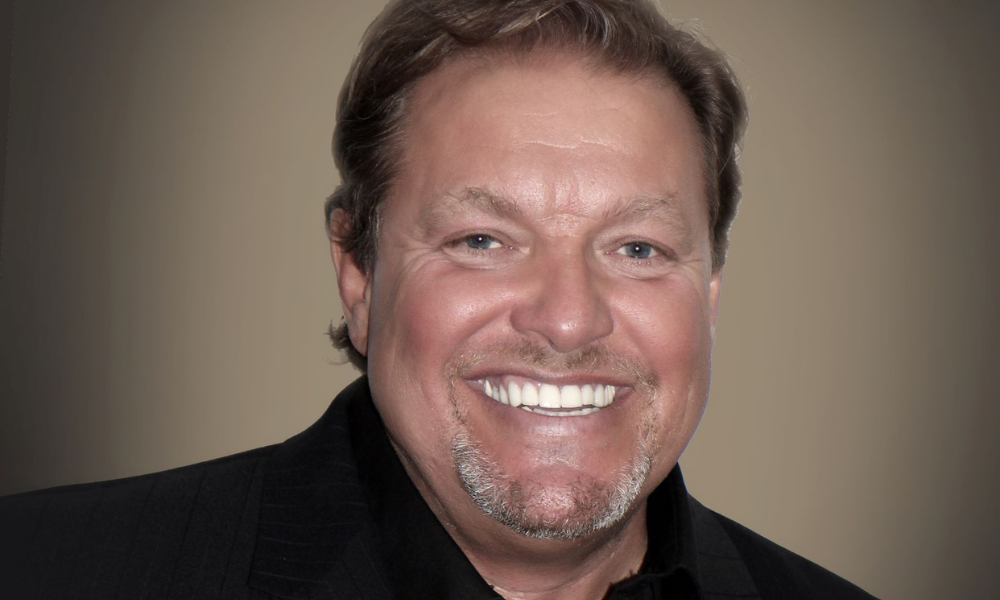Province's proposed changes could aid clients, but impact on advisors must be handled with care

The Saskatchewan government’s proposed changes for “financial planner” and financial advisor” titles are welcome, as long as they don’t push people out of the business, says one advisor.
“I think it’s overdue,” Aaron Ruston, president, chief executive officer, and financial advisor for Purposed Financial Corp. in Moose Jaw, told Wealth Professional, about the latest proposals, which are out for comment until September 20.
“There’s been a history of unfortunate events in the investment world for people who maybe were presented with products that were inappropriate for them or were asked to buy from those within the industry who didn’t have the proper credentials or understanding of the products they were dealing with, so I really do think it’s timely.”
The Financial and Consumer Affairs Authority of Saskatchewan (FCAA) is consulting on several aspects of the proposed rules governing the use of the “financial planner” and “financial advisor” titles. It is considering toughening up proficiency requirements for those who want to call themselves financial advisors by introducing education requirements in certain technical areas that would make those more like the proposed standards for “financial planners”.
The new rules would require proven knowledge and competency in the same core financial technical areas as planners – estate, tax, retirement, and investment planning as well as finance, insurance, and risk management. Planners would need to be competent in developing and presenting integrated financial plans while advisors would need to be competent in providing suitable recommendations regarding broad-based financial and investment strategies.
Ruston, who’s been in the industry for 38 years, agreed that advisors should keep updating their education. But, he is concerned that the rules not become so restrictive that independent advisors, who don’t have the same resources as big institutions, like banks, cannot meet them.
“I believe there should be high levels of education n the industry. It’s been too wishy washy for too long,” he said. “But, they could hit a bit of a hurdle with those who have been around for a lot of years and may be looking to retire in the next few years and thinking, ‘why would I put in countless hours and thousands of dollars to attain a certain designation when that’s not in my game plan?’ We might lose some quality advisors who don’t necessarily have the letters behind their names.
The proposed changes would also further distance Saskatchewan’s rules from Ontario’s new rules. So, those who meet the advisor standard in Ontario may need extra qualifications to also meet Saskatchewan’s requirements. Investors could end up with fewer options to obtain financial advice.
Ruston, who is licensed in Alberta, Saskatchewan, and Manitoba, finds those changes ironic, given that the industry’s regulators have been pursuing consistency right across Canada.
“These different requirements are kind of contradictory to that,” he said, adding that it could b e a concern if advisors start to push back.
“We’re truly in a time of change in every facet of our lives. I think regulation is good and standards are very good, so we’re all being held to a standard in how we work with our clients,” he said.
“But, I truly believe if we could sit down with the industry, regulators, and governments, we could find a balance. So, we get the best of the best or quality people out working with clients and protecting their interests and we’re not driving solid people out of the industry just because of the tight restrictions and limitations that are placed on them.”



